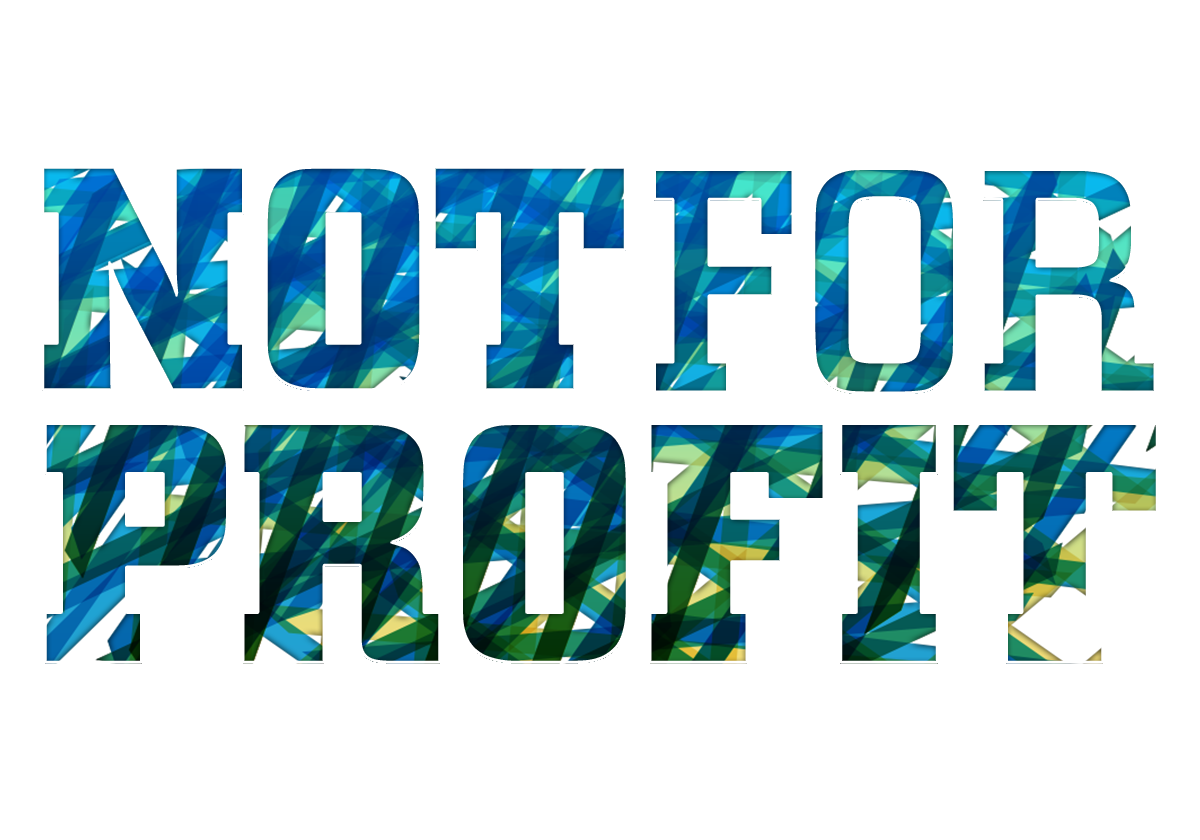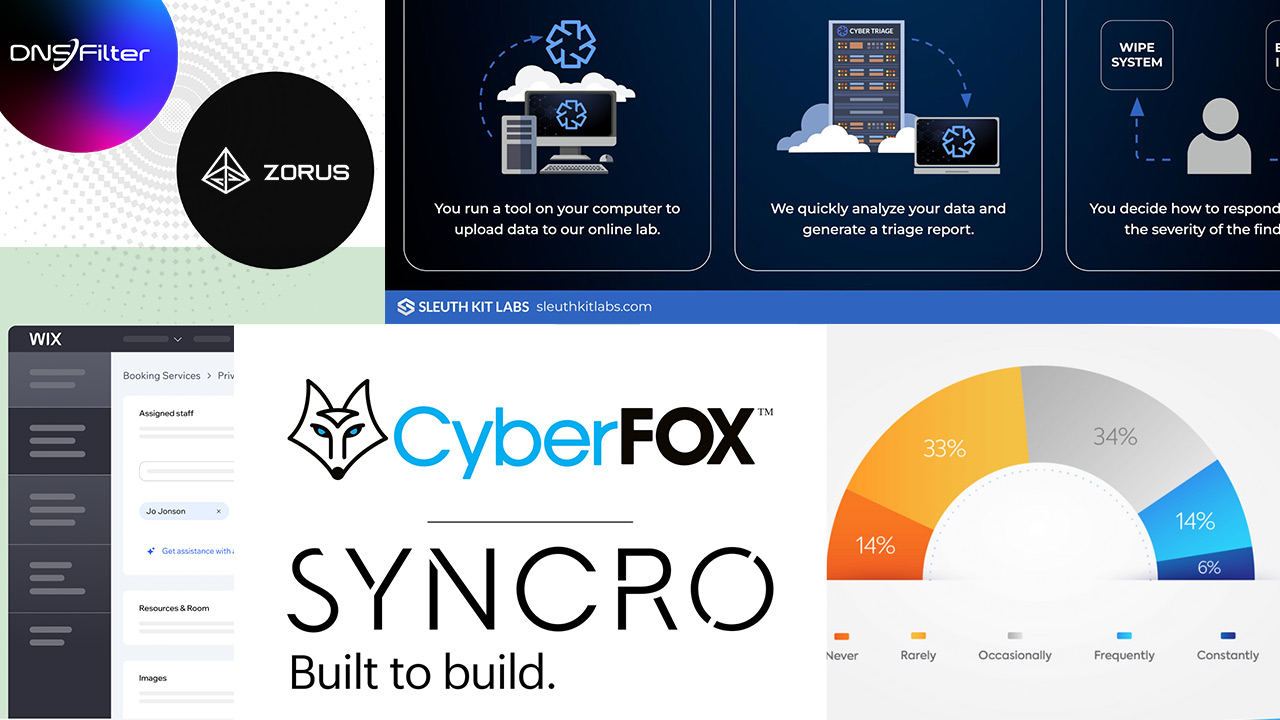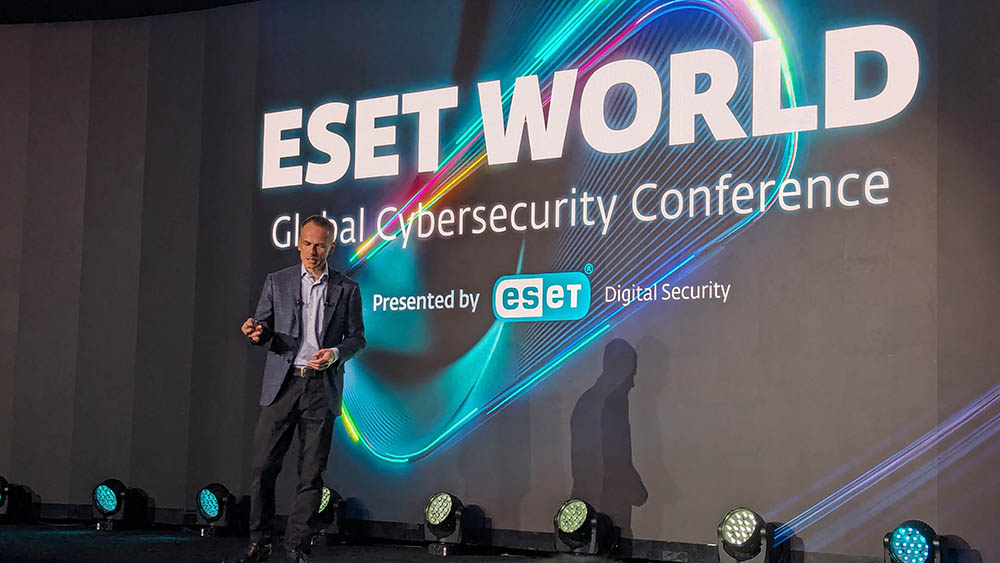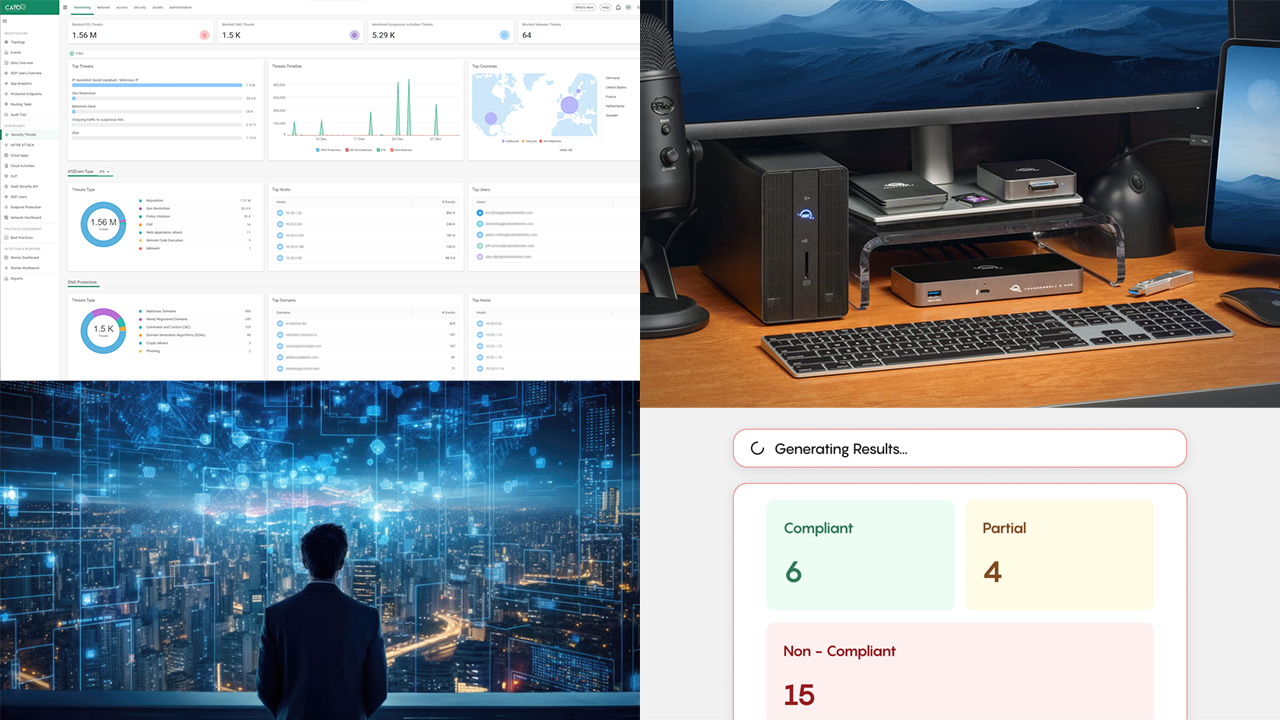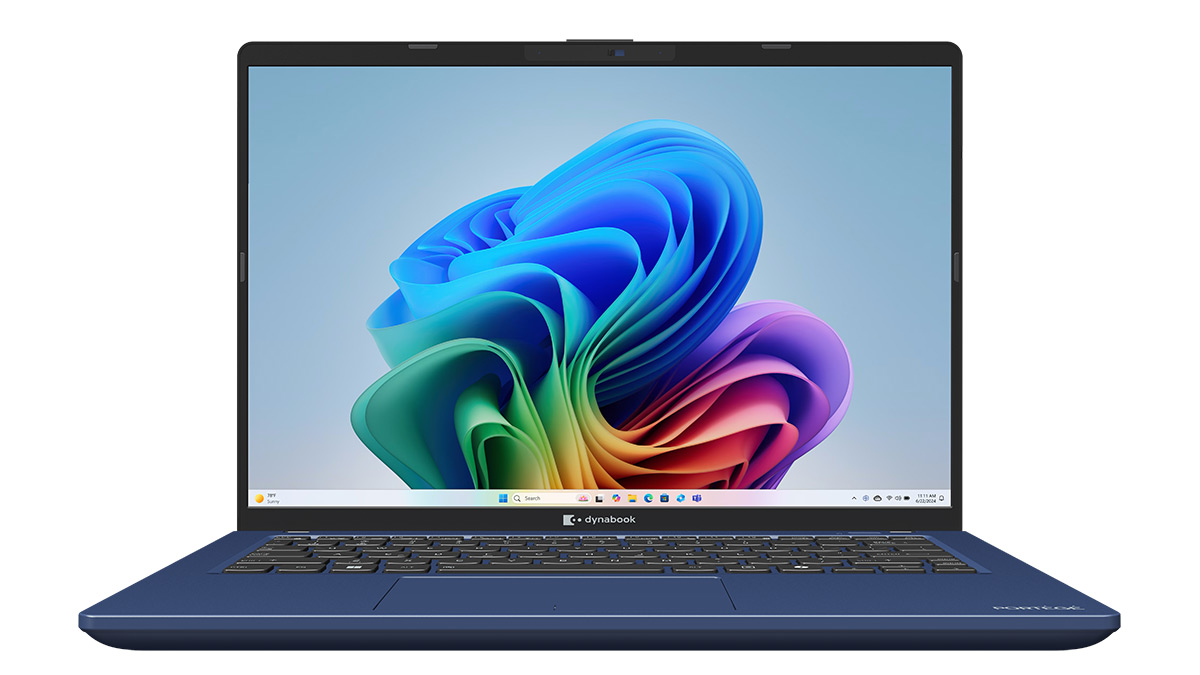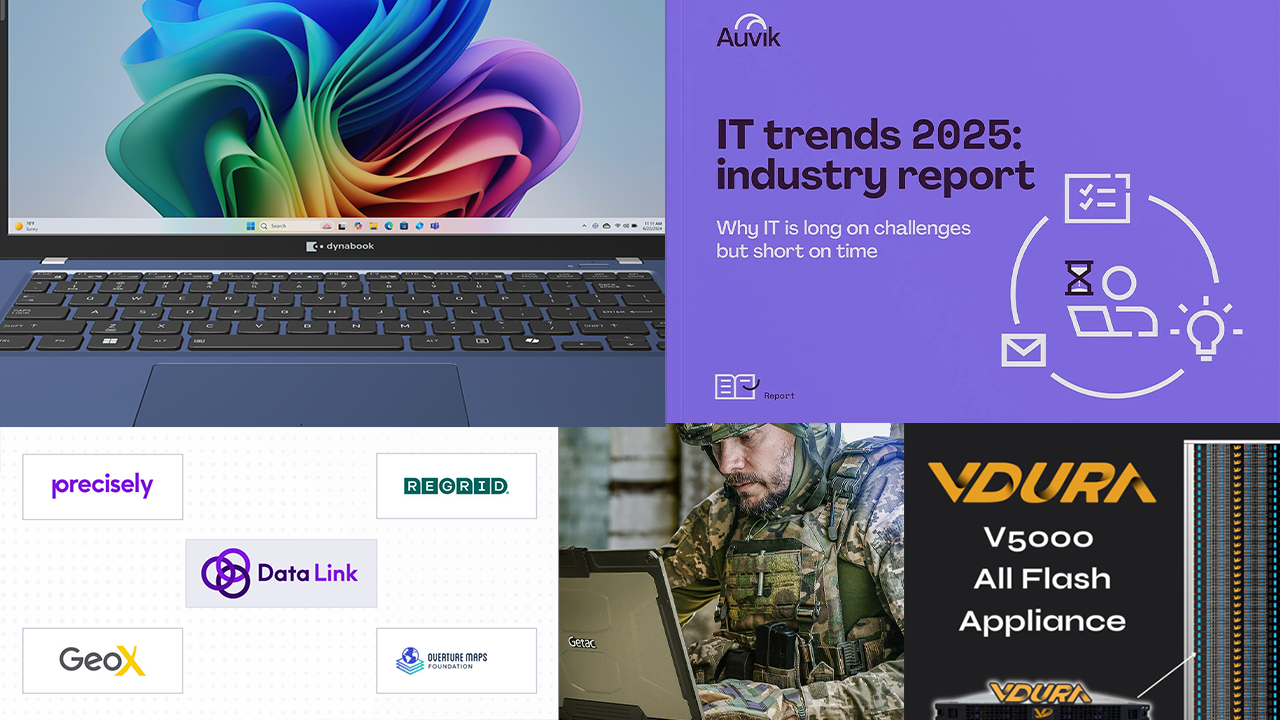Closing the digital divide is a big mountain to scale, requiring a multi-summit approach: access to reliable and affordable internet, digital skills and education, and device ownership.
That’s why Digitunity, a national nonprofit focused on digital inclusion by matching donated and refurbished computers with people in need, launched its Corporate Pledge to End the Digital Divide this month. The pledge is a call for organizational leadership in business, government, education, philanthropy, and community to join Digitunity and its national collective of nearly 1,500 frontline, community-level organizations in the effort to close the digital divide.
 “They’re pledging to make a meaningful contribution of either money or technology to end the digital divide, to engage their employees in the work of digital inclusion and equity in their communities, and last but not least, tell other people about it,” explains Susan Krautbauer (pictured left), senior director of strategy and development for Digitunity, and co-founder of CompTIA’s Advancing Women In Technology Community. “We’re hoping that that will create this wildfire of people starting to ask the question, ‘Where do they [computers] go when they leave my desk?'”
“They’re pledging to make a meaningful contribution of either money or technology to end the digital divide, to engage their employees in the work of digital inclusion and equity in their communities, and last but not least, tell other people about it,” explains Susan Krautbauer (pictured left), senior director of strategy and development for Digitunity, and co-founder of CompTIA’s Advancing Women In Technology Community. “We’re hoping that that will create this wildfire of people starting to ask the question, ‘Where do they [computers] go when they leave my desk?'”
Digitunity believes that device ownership is the heart of digital equity. “A computer can unlock an opportunity,” says Krautbauer, adding that without a computer, it’s difficult “to accelerate your own life situation if you don’t have … what we like to call a large-screen device. So that’s different than a mobile device. There’s much that you can’t do on a mobile phone that must be done through a computer— desktop, laptop, tablet.”
Since 1984, Digitunity and its predecessor organization the National Cristina Foundation, a pioneer in the concept of technology reuse, has connected corporate and individual donors of technology to thousands of partner organizations serving people in need. Digitunity was spun out in 2019 to accelerate and broaden the work begun by the foundation. The nonprofit’s platform has matched more than $43 million worth of donated technology products to prequalified community organizations and individuals in the United States who need computers for education, work, and daily life. Digitunity’s national alliance of nonprofit computer refurbishers does the data wiping, ensures the chain of control, and repairs and prepares the systems with Microsoft citizenship licenses or Linux based licenses, Krautbauer explains.
The name Digitunity is a portmanteau of digital and opportunity, says Krautbauer, who has been affiliated with the National Cristina Foundation for 15 years, first as a supporter and then most recently as a board member before joining the nonprofit in 2020. “We believe in a digitally connected world, you need a computer to be able to thrive,” she says, pointing out that there are 36 million people in the U.S. don’t own a computer, according to research.
Individuals can donate devices through Digitunity, but Krautbauer says the real impact happens when large corporations that are refreshing and retiring systems donate them for reuse rather than reselling them or sending them back to the OEM or leasing company. Digitunity wants to disrupt the traditional reverse logistics that focuses on return on investment or return on assets and instead have corporations focus on what Digitunity calls ROC—return on community.
“Depending upon what their requirements are, we will match them up with the nonprofit refurbisher closest to them, and oftentimes if it’s a large enough donation and the nonprofit refurbisher is close enough, they will provide pickup with their own trucks.”
Digitunity not only finds homes for businesses’ used computers but also connects member organizations through its Digital Opportunity Network. Along with facilitating device distribution, network members provide digital literacy training and technical support to new technology users within their respective communities.
Digitunity’s mission matches well with corporations’ environmental, social, and governance (ESG) initiatives, Krautbauer says. When devices have a second and third use, it’s diverting e-waste from landfills and saving water and other resources that are part of the manufacturing process for a new computer, she says. “We say, ‘recycling is good, reusing is better.’ So reuse first, then recycle.”
Importantly, Digitunity believes that used computers represent a no-cost or low-cost path to device ownership. “We found out through the pandemic, if you can’t get onto your work computer, if you can’t get into a library, if you can’t get internet connection, your oar’s out of the water. You can’t move anywhere.”
Digitunity currently has a 10-city pilot program underway, with AT&T as the major funder, to create device distribution ecosystems and provide K-12 aged students and their families who lack devices with free or low-cost computers, as well as tech and digital literacy support.
The ecosystem will pull together “digital inclusion practitioners in those cities, because what we found is that many people are doing great things in small places and pockets within even just a metro area, but they don’t know each other. So if we can create pathways for [individuals] to know where they can go to get a computer and the skills they need, and we can also create a pathway or a roadmap to get a used computer from its first place of use all the way through to that person, that’s our goal in this 10-city program.”
Krautbauer is optimistic about achieving digital equity and is hoping to get the channel involved as well. “I believe that the managed service providers, the channel, if they got a hold of this and they understood it and they realized that if just a percentage of what they’re moving every month is redirected to help digital inclusion, not only nationally but in their local communities, we could fix this. It’s fixable. There’s some 56 million computers, according to Statistica, a year that are sold. Where does it go [when it leaves a worker’s desk]? We should be able to fix this.”
Have a paying-it-forward or not-for-profit story to share? Email me at colleen@channelpronetwork.com.




